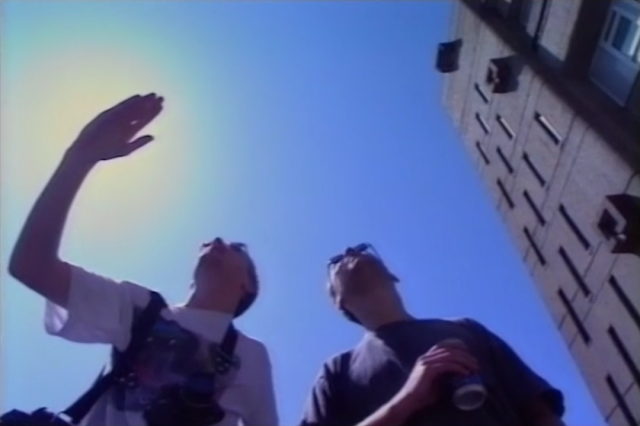Myths of the Near Past
Here's a 1971 short film directed by Harley Cokeliss based on J. G. Ballard's essay Crash from The Atrocity Exhibition. The book prefigures his novel, Crash, by three years. It's a very good film, very disturbing, better than Cronenberg's. Ballard glowers like Pinter throughout, the unflinching eye witnessing the violence and eroticism of cars and their relationship to human flesh and desire.
I once had lunch with Ballard. I know, this seems preposterous to me, too. It was back in the early noughties when I worked for his publishers. Luckily there was a group of us, as I was too overawed to contribute much. All those years reading his books and then working on them, I'd never dreamed that one day I might actually meet him. When it happened I was struck by how gentle and generous he seemed, quite at odds with the image this film and his apocalyptic writing might give. He did get angry though, when recalling the urban myth sustained in almost all writing about him in the press, that Crash was inspired by the death of his wife in a car crash. It was utter bollocks, but still, in The Atrocity Exhibition, boundaries between truth and desire were blurred, and the press seemed to be unwittingly turning Ballard into one of his own creations. Which is Ballardian in its own right.
I once had lunch with Ballard. I know, this seems preposterous to me, too. It was back in the early noughties when I worked for his publishers. Luckily there was a group of us, as I was too overawed to contribute much. All those years reading his books and then working on them, I'd never dreamed that one day I might actually meet him. When it happened I was struck by how gentle and generous he seemed, quite at odds with the image this film and his apocalyptic writing might give. He did get angry though, when recalling the urban myth sustained in almost all writing about him in the press, that Crash was inspired by the death of his wife in a car crash. It was utter bollocks, but still, in The Atrocity Exhibition, boundaries between truth and desire were blurred, and the press seemed to be unwittingly turning Ballard into one of his own creations. Which is Ballardian in its own right.











Comments
Post a Comment